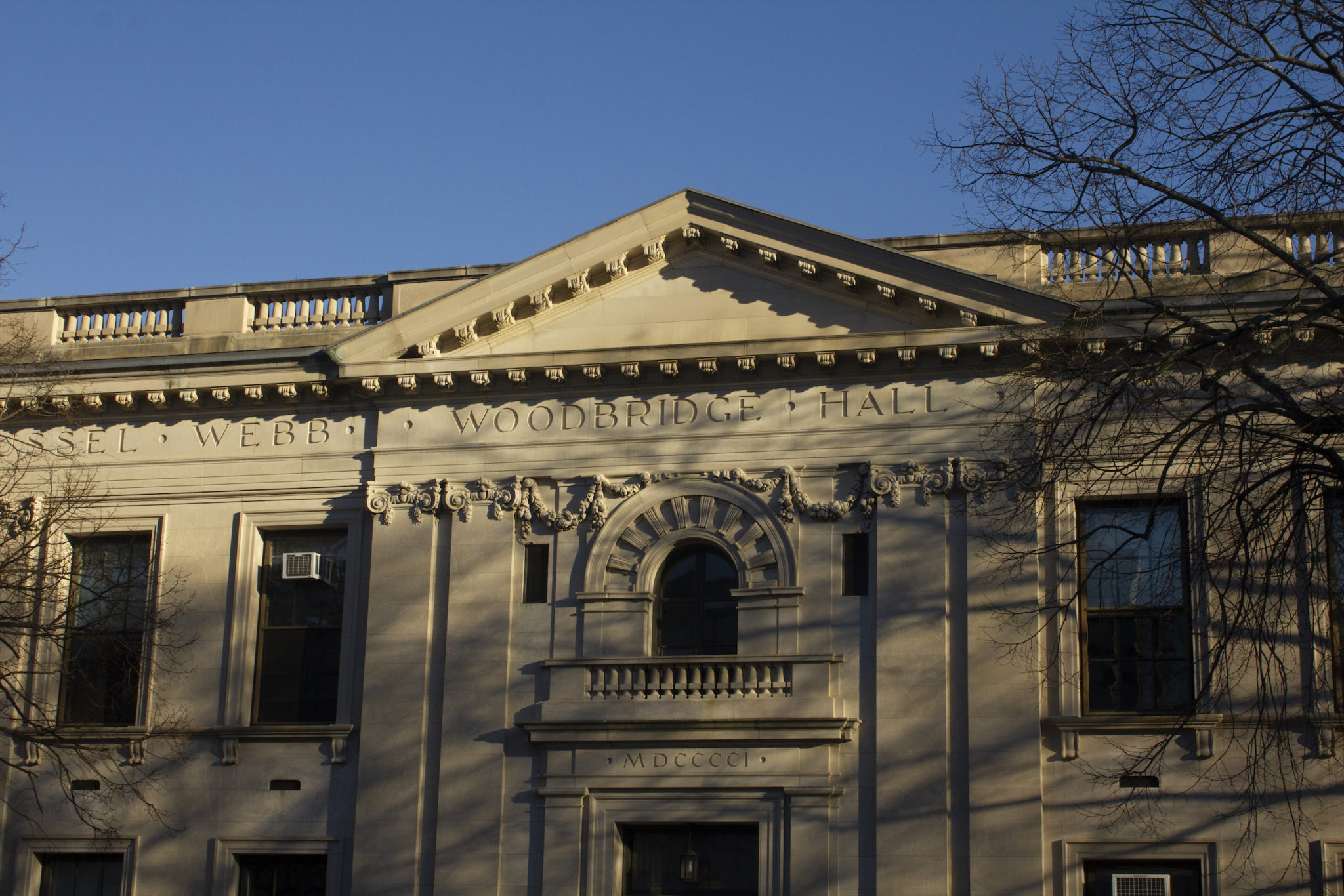
Paula Pineda
The majority of Americans do not think that they can afford to attend a place like Yale, according to recent data collected by the Association of American Universities.
The AAU data was presented to members of the Yale Corporation — the governing body of the University — at the Corporation’s Dec. 14 meeting by representatives from the organization. While full data has not been publicly released, partial statistics obtained by the News paint a less than flattering picture of the public perception of Yale’s affordability. While 78 percent of Americans surveyed think that a college education from a leading university — like Yale — is valuable, only 26 percent believe that someone from a family “like theirs” can actually afford to attend. The Yale administration finds these statistics to be worrying, and has begun strategizing ways to better communicate Yale’s financial aid.
“Yale has a great interest in making sure the affordability of Yale is well understood, because we need to be able to attract all kinds of people to Yale,” Vice President for Communications Nate Nickerson told the News in an interview. “And it would be a terrible shame if somebody just didn’t know that this place will make it work financially.”
According to Nickerson, the AAU began collecting data on public opinion about 15 months ago, and statistics — based on a sample size of “many thousands” of people — are regularly updated and shared with its member organizations. An organization of 65 leading research universities in the United States and Canada, also including schools like Princeton University and Columbia University, the AAU focuses on educational projects and policies.
According to University President Peter Salovey, survey respondents were generally positive when they thought of leading universities in terms of those schools’ research and innovations. According to AAU data, 58 percent of Americans believe that leading universities make important scientific discoveries.
“The american public responds really well — really positively — toward universities when they think about the kinds of contributions universities make to research and innovation, and they especially love technological innovation and medical research,” Salovey said in an interview. “And when they associate universities with those activities, they have a very positive view.”
Still, Salovey said that when Americans associate universities with “elitism or tradition,” public reaction is “much less favorable.”
Affordability also had a significant impact on respondents’ perceptions about institutional accessibility. More data shows that 60 percent of Americans surveyed think that the cost of getting a college education is a “very big problem,” according to data shared with the News by Nickerson.
“The more difficult news — the more challenging news — is that the affordability message doesn’t really penetrate as far and deeply as we like it to,” Salovey said.
Nickerson and Salovey stressed communication as a solution to the concerns raised by the data. In an email to the News, Director of Undergraduate Admissions and Financial Aid Jeremiah Quinlan echoed Nickerson and Salovey, saying that affordability is his office’s “single top communications priority.”
“There are persistent misperceptions about the cost of attending Yale and schools like it that pose significant barriers for students from lower- and middle-income households,” Quinlan wrote. “And we work hard to address those misperceptions early and often [in] our messaging to prospective students and families.”
Quinlan listed strategies the admissions office has taken in recent years, including a campaign that sends postcards and other mail to high-achieving students in low-income neighborhoods. Since the program began in 2013, he wrote, applications from “targeted census tracts” have increased by 110 percent, compared with a 24 percent increase in the overall applicant pool.
He also stressed the importance of the quick cost estimator on Yale’s admissions homepage, a tool that allows families to roughly estimate their expected cost of attendance in less than three minutes. The University also sends student ambassadors to visit areas near their high schools during breaks, to present Yale to students and push a message of affordability.
The AAU was founded in 1900.
Valerie Pavilonis | valerie.pavilonis@yale.edu
Correction, Jan. 31: This article has been updated to note that the AAU is an organization of 65 universities in the United States and Canada. The previous version of this article stated that AAU is a group of U.S. universities.







